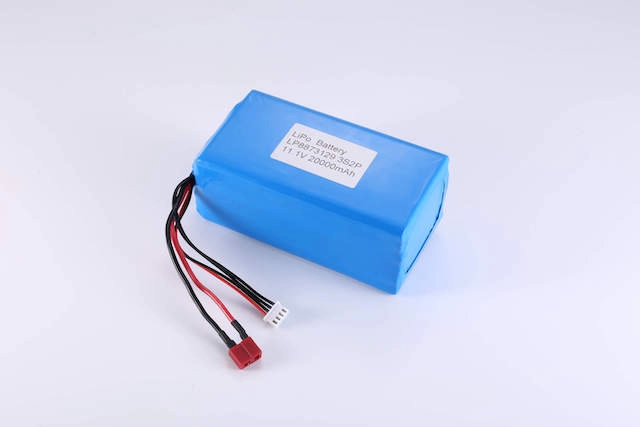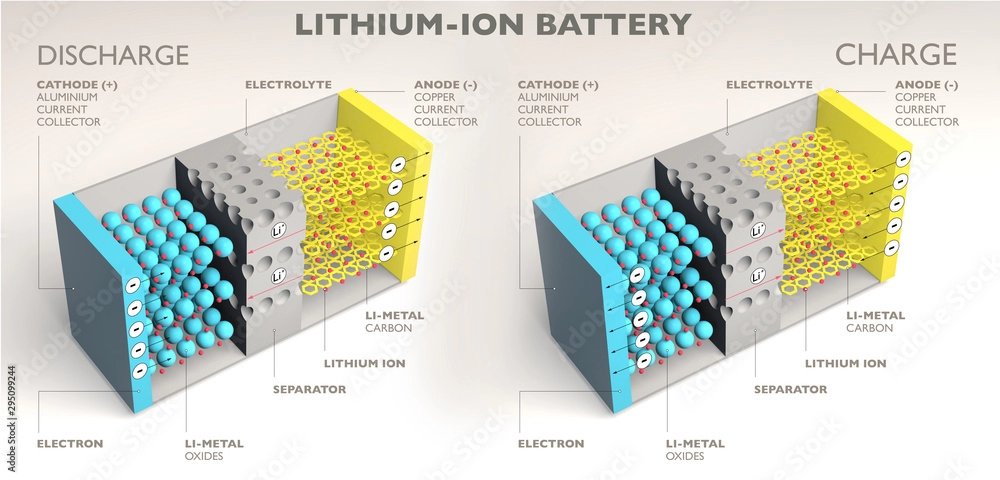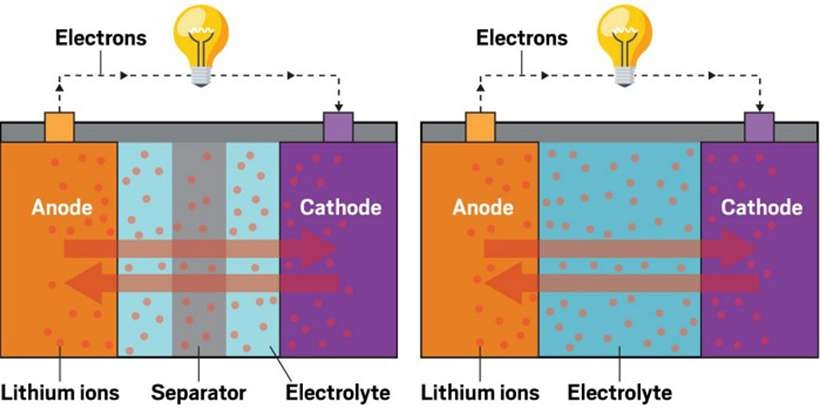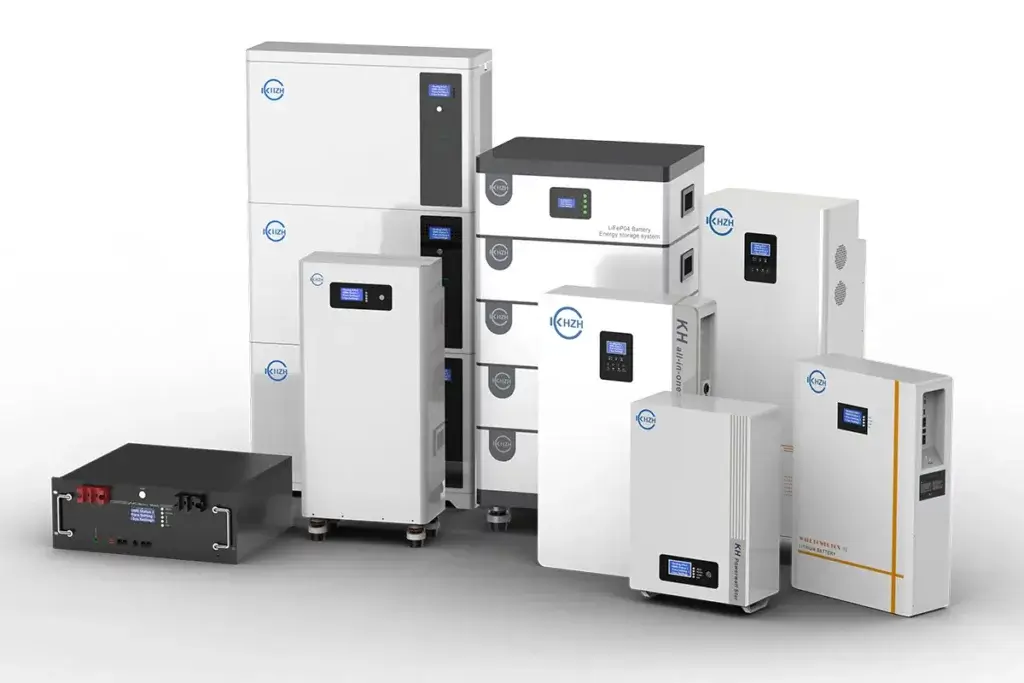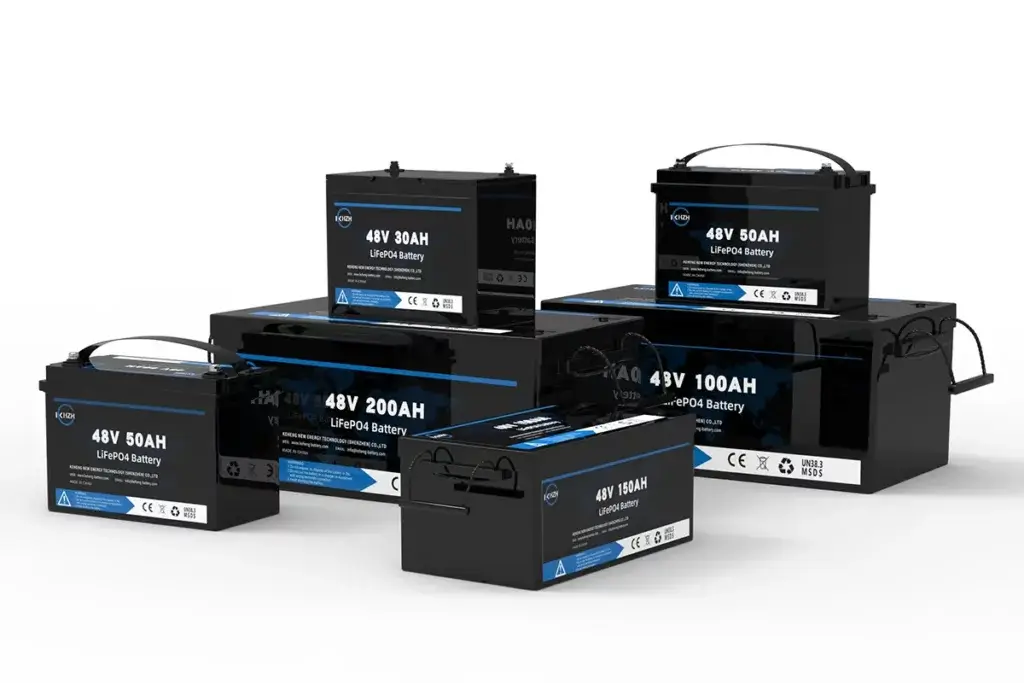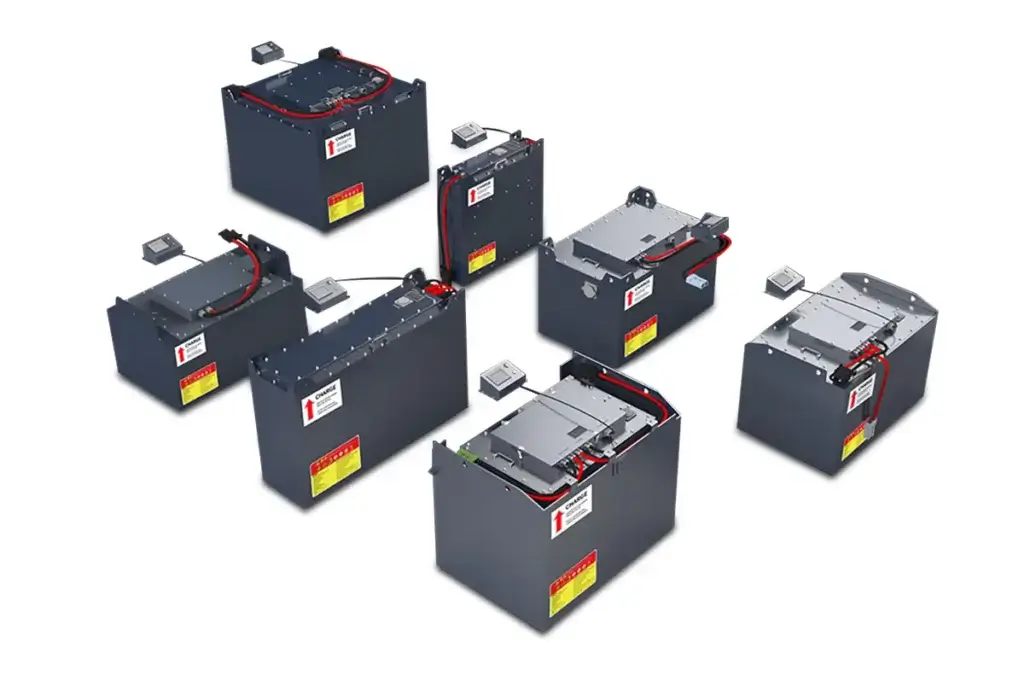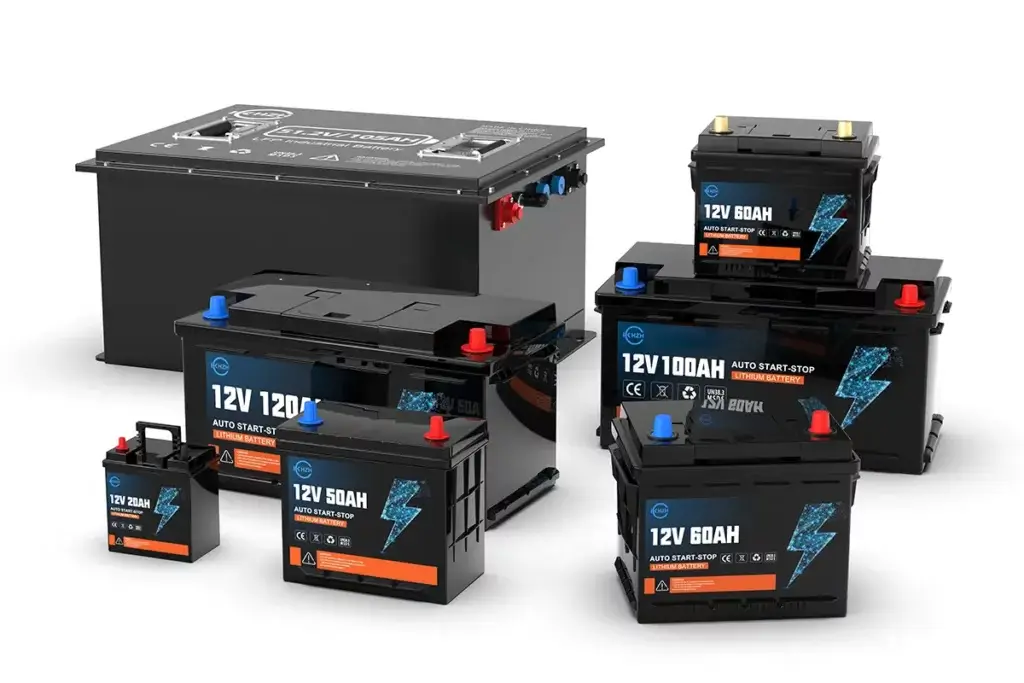Part 1: Introduction to 11.1V LiPo Batteries
This section introduces the 11.1V LiPo battery. Often referred to as a 3S LiPo battery, it is a type of lithium polymer (LiPo) battery. It consists of three individual battery cells connected in series, each battery cell with a nominal voltage of 3.7 volts. Adding the voltage of the three cells together (3.7V + 3.7V + 3.7V) results in a total voltage of 11.1 volts.
LiPo batteries are known for their high energy density, meaning they can store a significant amount of energy in a relatively small and lightweight package. This makes them ideal for applications where weight and space are critical considerations, such as radio-controlled models and drones. Furthermore, LiPo batteries are capable of delivering high currents, which is essential for powering motors and other high-power components.
These batteries are not only defined by their voltage and cell configuration. They are praised for their versatility and high performance, and are available in a variety of sizes and capacities. Whether you’re flying a drone, racing an RC car… LiPo batteries are a popular choice.
LiPo Batteries: High-Performance Power Solutions
LiPo batteries are known for their high power output and versatility, making them an ideal choice for a wide range of applications. At KHZH, we specialize in providing custom LiPo batteries, including 11.1V LiPo battery packs for drones, remote control cars, and other devices. Whether you need a specific size or higher capacity, we can help you create the perfect power solution to meet your needs.
LiPo Batteries for Airsoft Guns
One of the most popular uses for 11.1V LiPo batteries is in airsoft guns. These batteries are favored by airsoft enthusiasts because they provide high rates of fire and consistent performance. Using a high C LiPo battery can improve energy transfer efficiency, giving players a competitive edge in speed and accuracy.
DIY Electronics: Building Your Own Projects
If you enjoy DIY electronics, then 11.1V LiPo batteries are an excellent power source for a variety of projects. From building robots to powering portable electronic devices, these batteries provide the necessary power to bring your devices to life.
Backup Power: Reliable Emergency Power
LiPo batteries are also used in backup power systems and portable power banks. Their high current output and energy storage capacity make them ideal for emergency power, ensuring you have power available in critical moments.
Proper Storage Voltage for 11.1V LiPo Batteries
Proper storage is crucial for maximizing the lifespan of your 11.1V LiPo batteries. The recommended storage voltage is 3.8V per cell, which is approximately 11.4V for a 3S (3-cell series) 11.1V LiPo battery. Storing batteries at higher or lower voltages will shorten their lifespan and can lead to safety issues.
For long-term storage, keep your LiPo batteries in a cool, dry place with an ideal temperature between 5°C and 25°C. Extreme temperatures can affect the battery’s internal structure and capacity, so avoid hot and cold environments.
How to Safely Charge Your 11.1V LiPo Batteries
Charging 11.1V LiPo batteries requires careful handling to ensure safety and prolong battery life. Follow these guidelines to charge your batteries correctly:
Choose the Right Charger
Always use a charger specifically designed for LiPo batteries. These chargers precisely control the charging process for each cell, preventing issues such as overcharging.
Charging Rate
It is generally recommended to charge at a 1C charge rate, which means the charging current should be equal to the battery’s capacity. For example, a 3000mAh battery should be charged at 3A to ensure safe and effective charging.
Charging Safety
Charge in a LiPo safety bag (LiPo fireproof bag) and monitor closely during charging to prevent risks such as overheating. Never leave batteries unattended while charging.
Charging Steps
- Choose the Right Charger: Always verify compatibility with your 11.1V LiPo battery!
- Inspect the Battery: Check for any visible damage before charging. Do not charge damaged batteries.
- Connect the Charger: Securely connect the charger leads to the battery terminals.
- Monitor the Charging Process: Monitor the battery closely during charging to ensure proper operation.
- Disconnect Safely: Once the battery is fully charged, turn off the charger power before disconnecting.
Types of 11.1V LiPo Battery Chargers
To ensure your 11.1V LiPo batteries are charged correctly, consider using one of the following types of chargers:
Balance Chargers
Balance chargers are often the best choice for LiPo batteries. They ensure that each cell in the battery is charged evenly, preventing overcharging and extending the battery’s lifespan. Proper balance charging is essential for maintaining LiPo battery health.
Smart Chargers
These chargers are easy to use and automatically adjust charging parameters based on the battery’s condition, offering a balance of convenience and safety.
Fast Chargers
If you are short on time, fast chargers can help you charge your 11.1V LiPo batteries more quickly. However, ensure the charger is specifically designed to handle the higher charging currents associated with fast charging.
KHZH is committed to providing high-quality LiPo batteries and charging equipment to meet your various needs in airsoft guns, DIY electronics, backup power, and more. We provide reliable and efficient power solutions for all your projects.
Part 7: Charging 11.1V LiPo Batteries
Fast Chargers:
Fast chargers can significantly reduce charging time, allowing you to quickly charge your 11.1V LiPo battery. However, frequent use of fast charging can adversely affect battery life, so try to avoid frequent use to prolong battery life.
USB Chargers:
Some smaller 11.1V LiPo batteries are compatible with USB chargers, providing a convenient charging option on the go. While USB chargers are generally slower than standard chargers, they are a convenient option when a traditional charger is not available.
Part 8: How Long Do 11.1V LiPo Batteries Last?
The lifespan of an 11.1V LiPo battery depends on several factors, including usage, charging habits, and storage conditions. Typically, if properly maintained, you can expect the battery to last for 300 to 500 charge cycles. However, this may vary depending on how you use and care for the battery.
To extend the life of your 11.1V LiPo battery, consider the following helpful tips:
- Avoid Deep Discharge: Try not to completely drain the battery before charging. Deep discharge can accelerate battery wear and shorten its lifespan.
- Use a Balance Charger: A balance charger ensures that each cell in the battery is charged evenly, which helps prevent overcharging and extends battery life.
- Store Properly: When not in use, store the battery in a cool, dry place. Extreme temperatures can damage the battery and shorten its lifespan.
- Regular Maintenance Regularly check the battery for signs of damage or wear. If you notice swelling, leakage, or other problems with the battery, it is recommended to replace it promptly.
If properly cared for, your 11.1V LiPo battery can last for 1 to 2 years even with moderate use. However, it should be noted that battery performance will gradually decline as the battery ages, resulting in shorter run times.
Part 9: Frequently Asked Questions
Can I use 11.1V LiPo batteries in devices other than RC cars?
Yes, 11.1V LiPo batteries are versatile and can be used in a variety of applications other than RC cars, such as drones, electric skateboards, and some power tools. However, it is important to verify that the device’s voltage and current requirements match the battery specifications to avoid equipment damage or reduced efficiency.
How do I know when my 11.1V LiPo battery is fully charged?
Most modern 11.1V LiPo chargers have built-in indicators, such as LED lights or digital
How to Safely Clean Leaking Batteries: A Step-by-Step Guide
This comprehensive guide details the safe methods for addressing battery leaks. It outlines the associated risks, safety precautions, and proper cleaning techniques to ensure a safe and efficient process.
Portable Battery Charger versus Power Bank: What’s the Difference?
A portable battery charger is any portable device designed to charge electronic devices. A power bank, on the other hand, is a portable energy storage device that can charge devices on the go without needing an external power source.
The Ultimate Guide to Using Lithium-Ion Jump Starters
Lithium-ion jump starters are essential tools for car emergencies. This guide explains how to use them, their safety considerations, proper maintenance, and why investing in one is a smart choice for any car owner.
What is a Portable Battery Charger?
Portable battery chargers are essential gadgets for keeping your devices powered on the go. This guide will detail the definition, construction materials, and working principles of portable battery chargers, helping you gain a comprehensive understanding.
How to Choose the Best Battery Pack for Your Needs: Capacity, Performance, and other considerations
Selecting the right battery pack is crucial for ensuring optimal performance and reliability. This guide explores the key factors to consider, including capacity, safety features, and other essential elements that will help you make the best decision for your needs. For further insights into different battery types, see our in-depth look at lithium marine batteries: An In-Depth Look at Lithium Marine Batteries.
